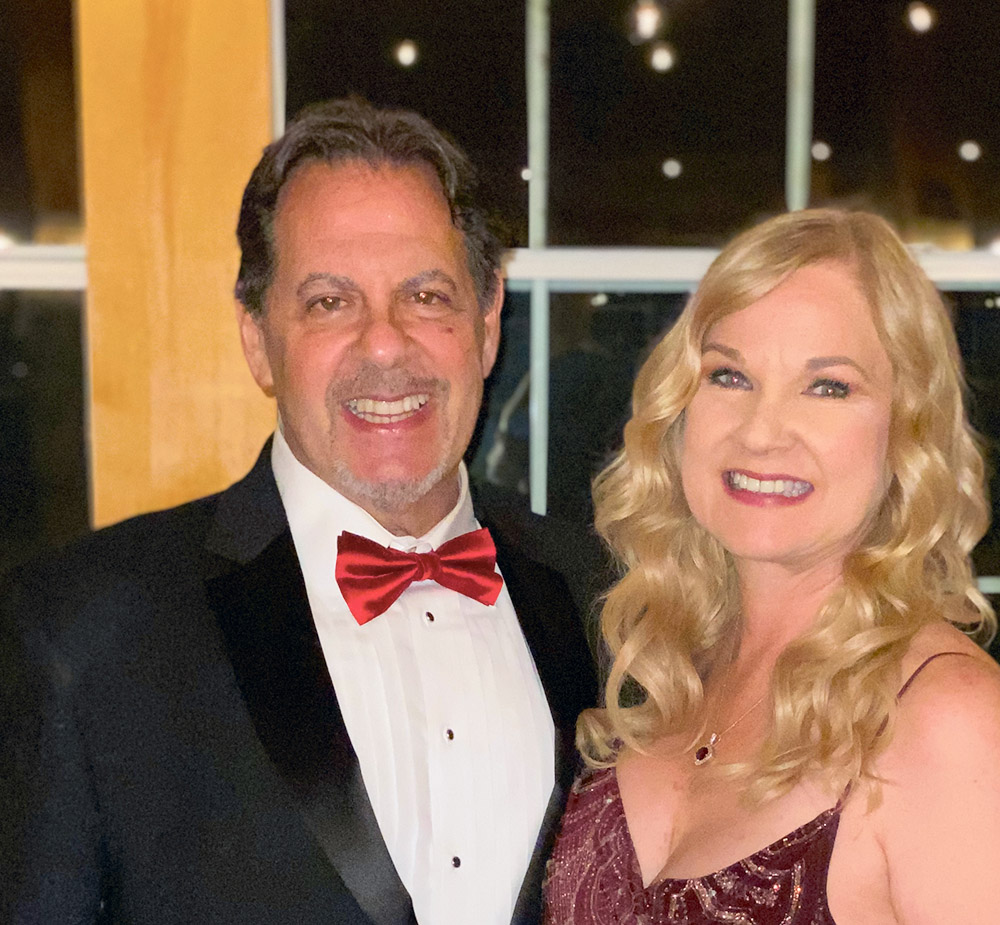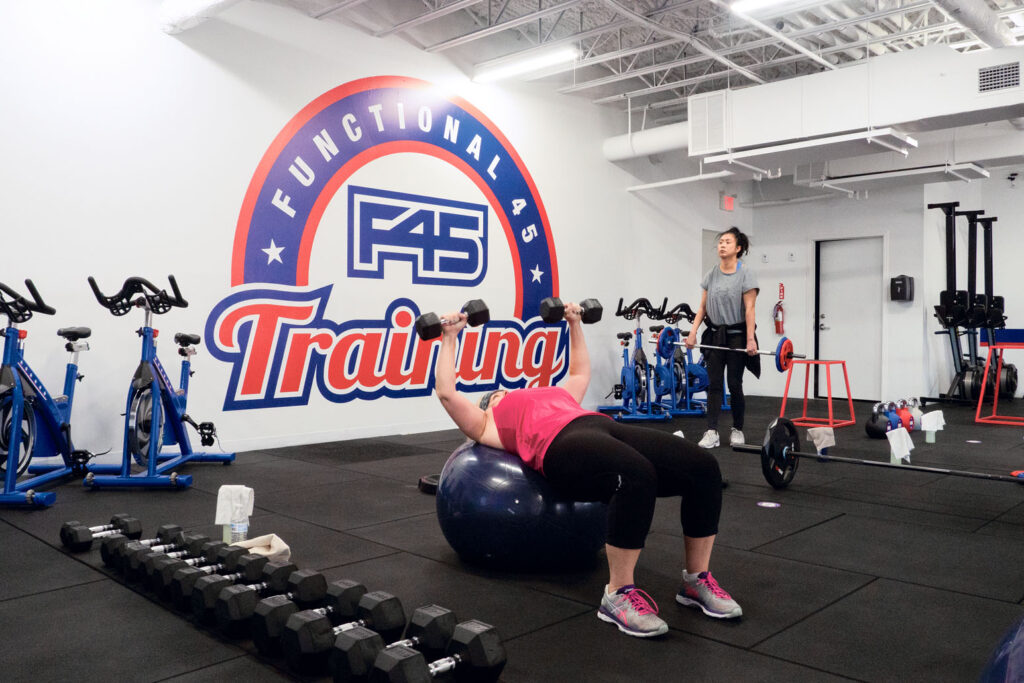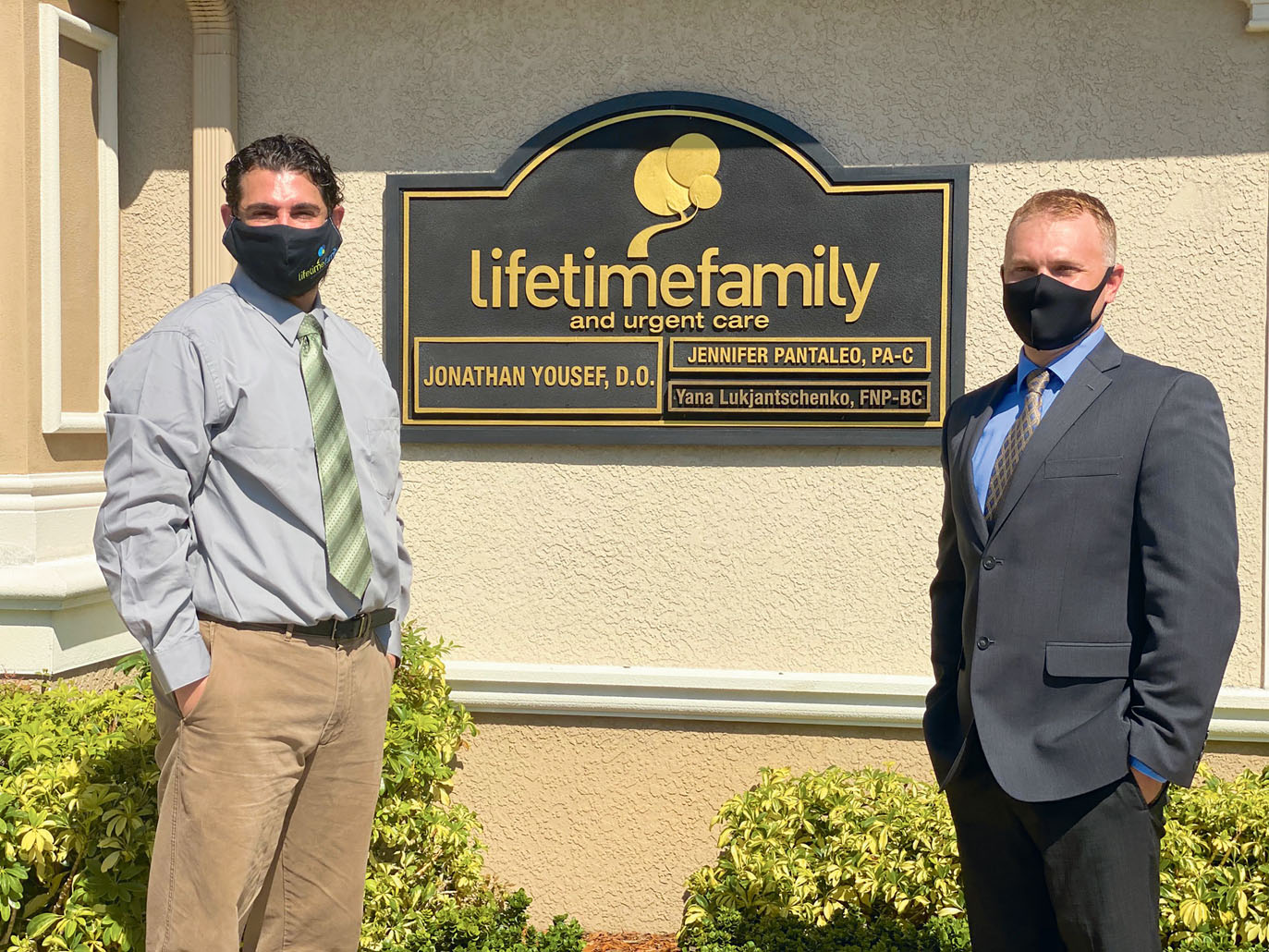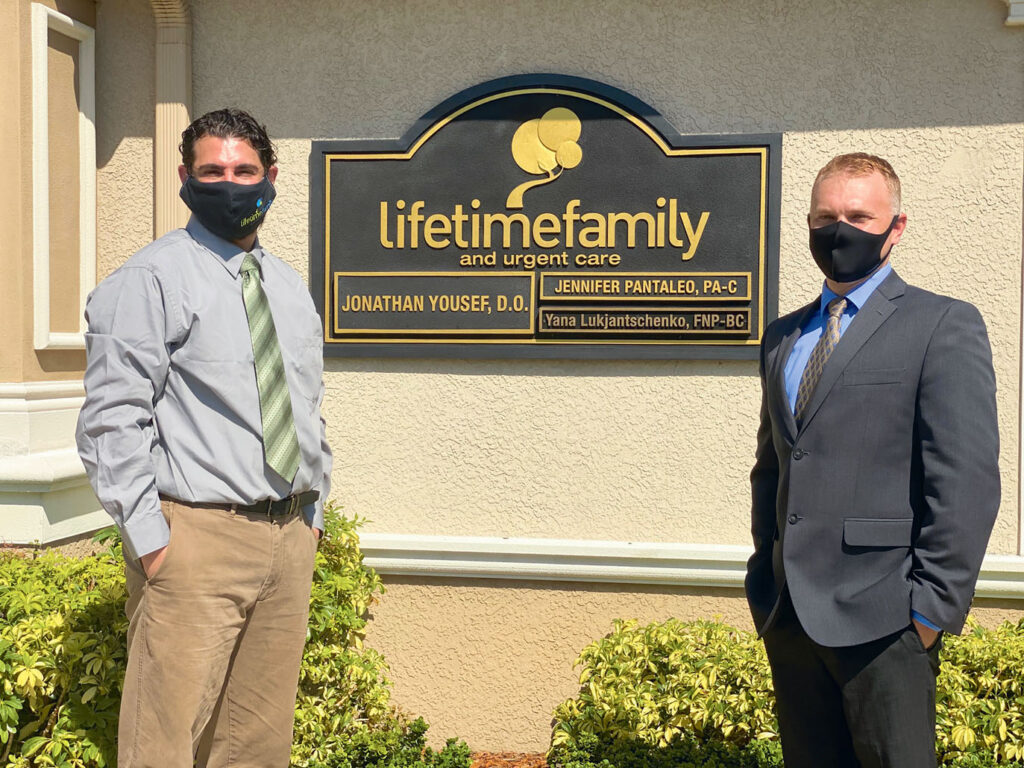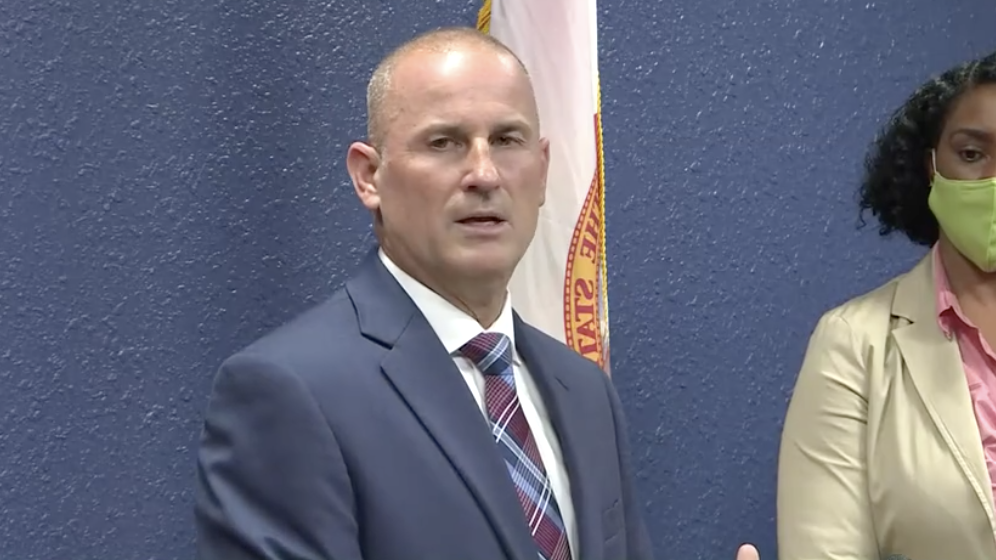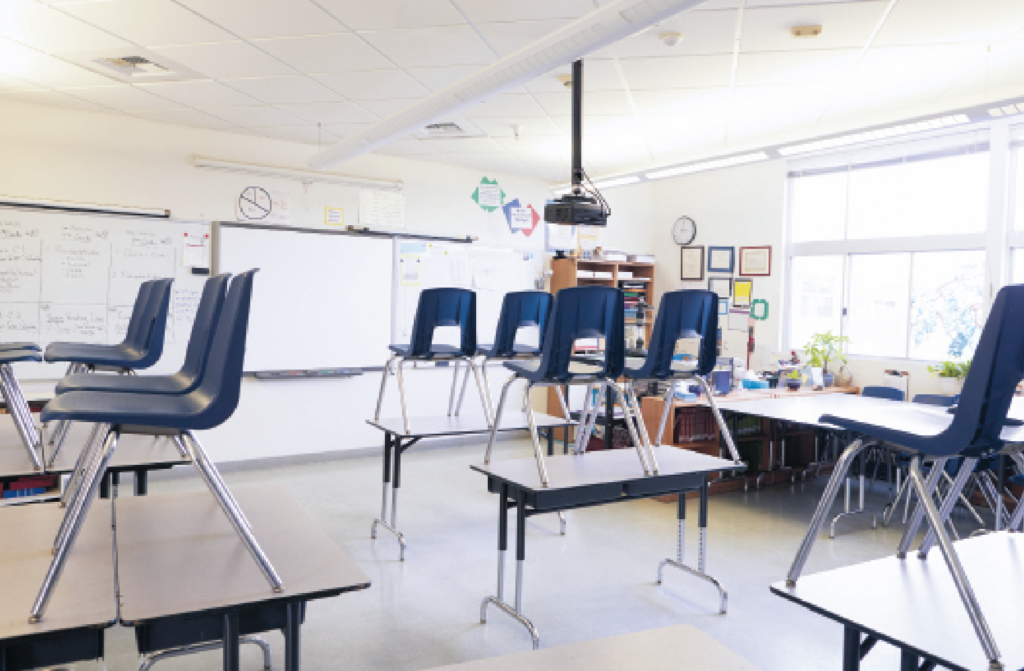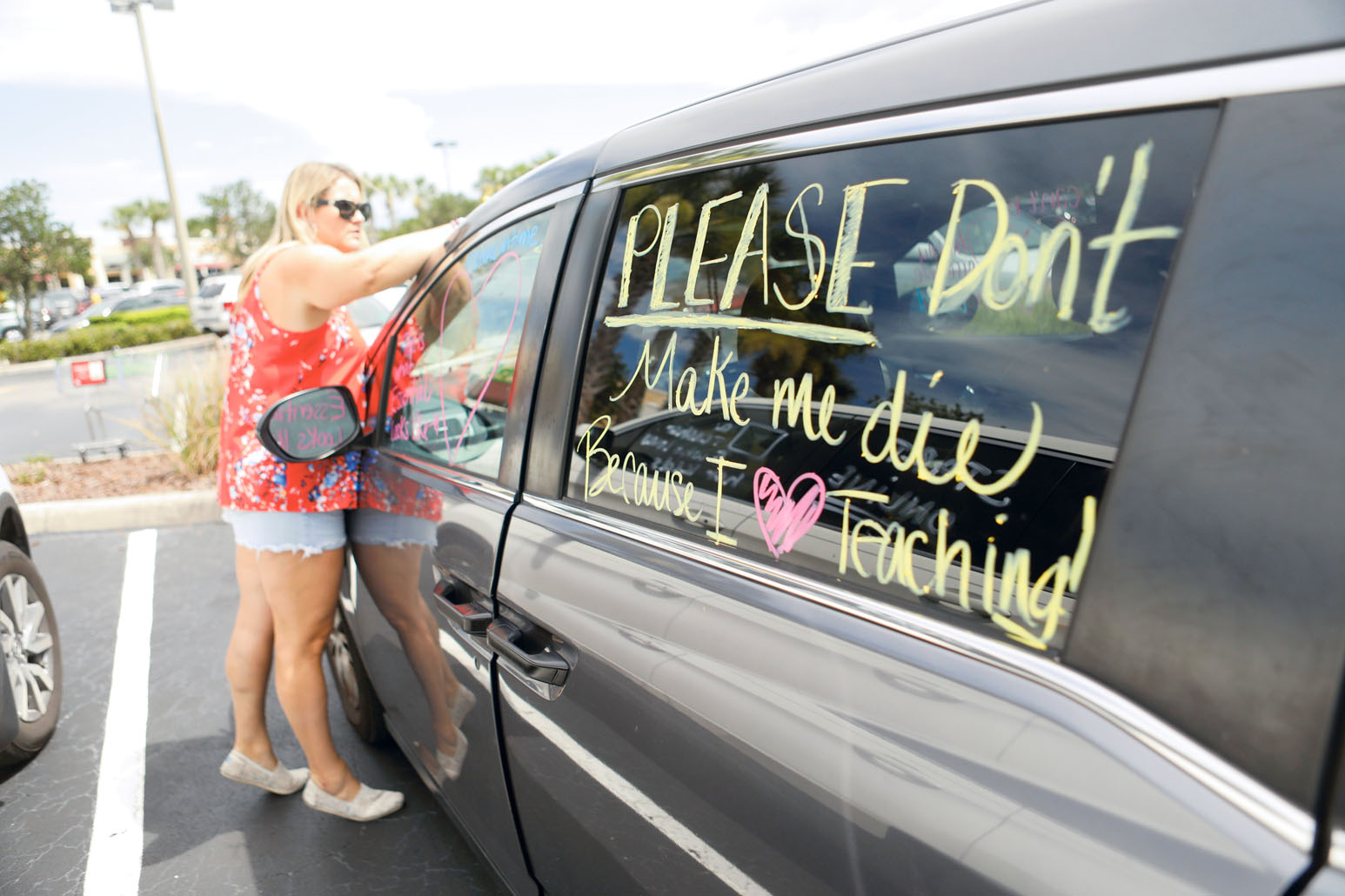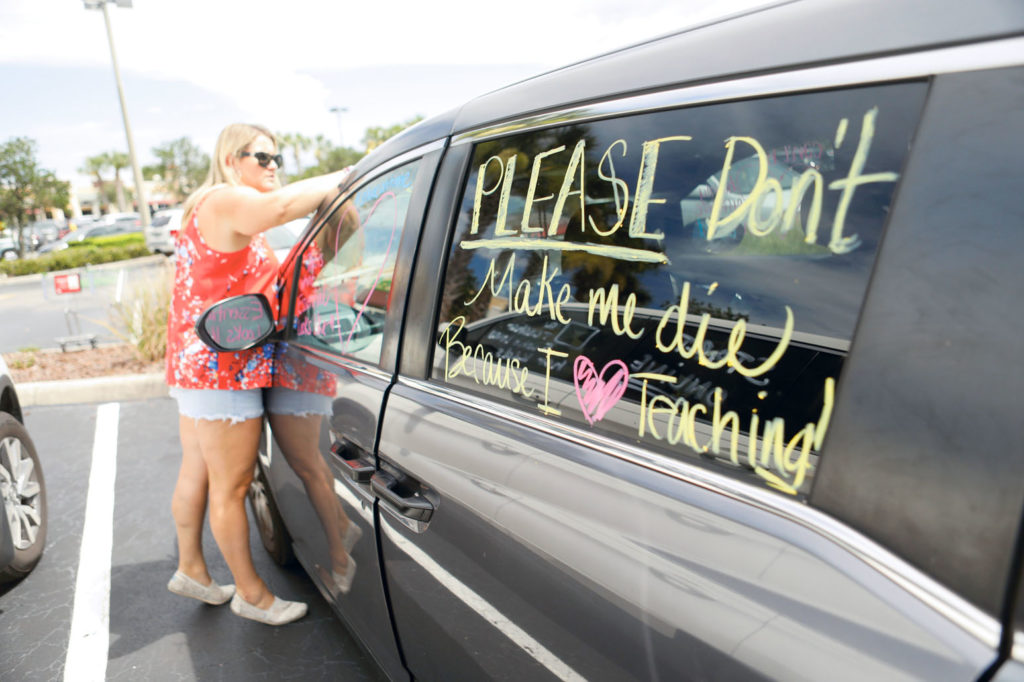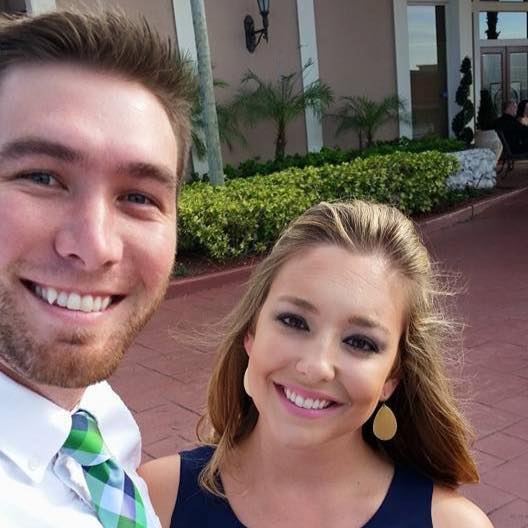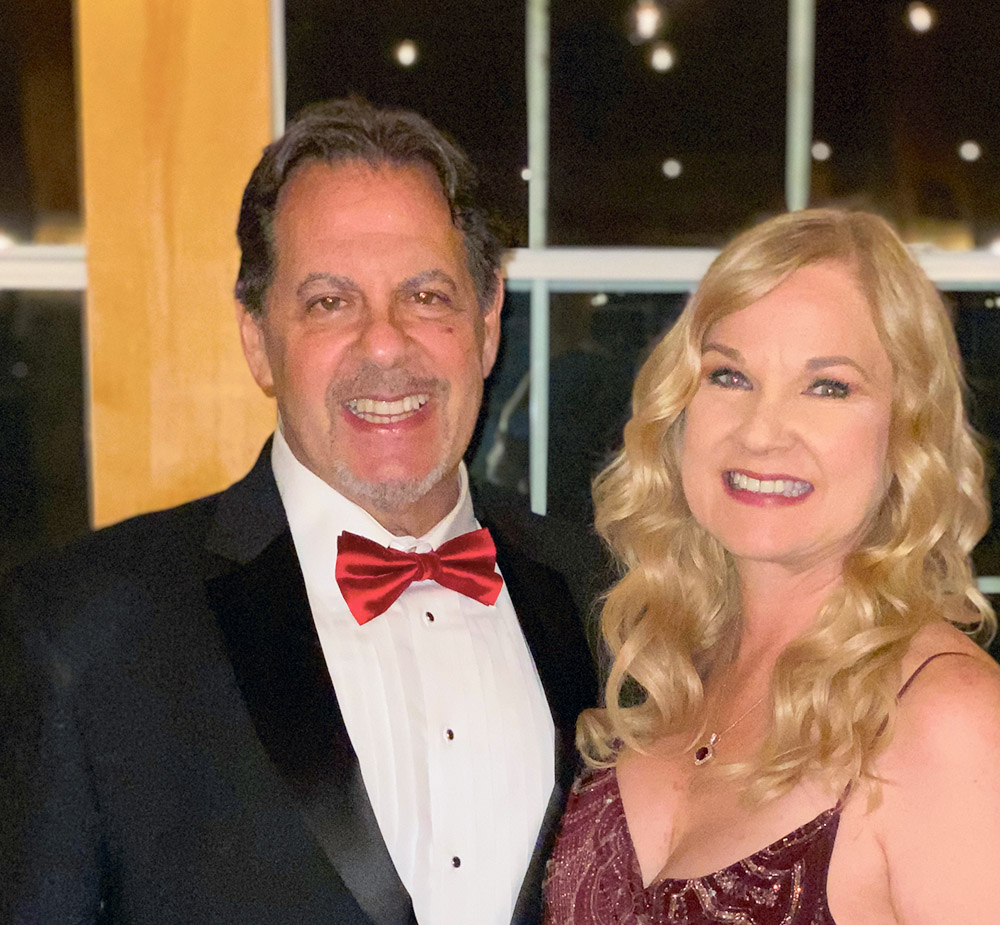
The photo of Jannah and me was taken on March 7, 2020, at a friend’s wedding, literally a week or so before the U.S. began to shut down because of the early days of the Covid-19 pandemic.
I also remember going to O’Brien’s Irish Pub in Wesley Chapel to celebrate St. Patrick’s Day 2020, and I was already uncomfortable talking too closely to the people we met and especially, with hugging anyone. No one was yet wearing masks — as there was some debate as to whether or not they were effective in preventing the spread of this then-new, still-largely-unknown illness — and I just felt like no one knew how close was too close to be talking to someone in those earliest days of the illness.
Well, St. Patrick’s Day 2021 is now here, which means that the pandemic has been raging in this country for one full year. Thankfully, despite nearly 30 million confirmed U.S. cases and more than a half-million deaths, the number of new cases, hospitalizations and deaths seem to finally be subsiding a bit, thanks to ongoing mask-wearing and social distancing rules, as well as the introduction of millions of doses of three rushed-to-market vaccines. The good news — at least so far — is that those who have been able to receive the Moderna, Pfizer-BioNTech or Johnson & Johnson/Janssen vaccines to date have been avoiding serious illness, hospitalizations and deaths, with minimal side effects for most.
I will admit that those who have been able to receive any of these vaccines once they became available has been a little mystifying to me — I thought it was supposed to be the elderly, true front-line workers in hospitals (doctors, nurses and anyone else with direct patient contact), firefighters and law enforcement officers who were supposed to be first in line to receive them, but I saw many people under age 65 on Facebook who didn’t fit into any of those categories bragging that they had received both doses of the vaccine before my mom was able to get her first dose of Moderna vaccine, which she finally did last week.
But, considering how new all of this is, and how crazy the lines have been at public heath locations just to get a Covid test, I am encouraged by the progress that has been made. I’m also encouraged by the fact that the vaccines all also appear to be effective against the different Covid-19 variants that have been popping up.
I also am hopeful that Jannah and I — who are both under age 65 and in relatively good health — will be able to be included in the next group to be vaccinated, especially once teachers and everyone living or working in long-term care facilities have received theirs. My wife and I genuinely miss going out to crowded bars with live music, but we’ve spent precious few evenings out enjoying dinner and karaoke or to watch a Lightning game since this nightmare began.
I feel fortunate that neither I nor any members of my immediate family have been touched personally by Covid, although at least one Neighborhood News employee did suffer for a few weeks with a relatively mild case. But thankfully, our employees have mostly been working from home and we wear masks whenever more than one of us are in the office together.
Even so, how long Jannah and I will have to continue to wear masks when we go out to eat — something we’ve done far less of the last year, but have started to do a little more of late — remains to be seen. And, I also am concerned that the repeal of mask mandates by the governors of several states may be happening a little too soon, too. The U.S. is nowhere near “herd immunity” yet and I don’t have the same faith in people to wear masks without those mandates that those governors seem to have.
So, while St. Patrick’s Day is one of the holidays I actually have traditionally enjoyed, it will forever be remembered, at least by me, as the holiday when the scourge of the early 21st century first hit home. Stay safe, my friends.

